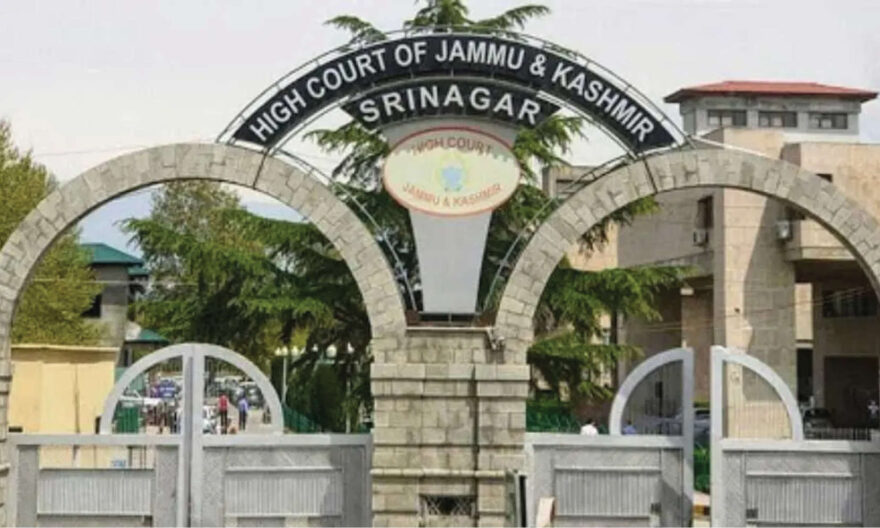
The Jammu and Kashmir and Ladakh High Court recently in the case Bharti Airtel Limited Company & Ors v Malik Mushtaq observed that the summoning of an accused in a criminal matter is a serious business and the same has to be done only after de application of mind by the concerned court.
The bench comprising of Justice Sanjay Dhar stated that while summoning an accused in a criminal matter is a serious business. Once the criminal law is set into motion, the accused is exposed to the possibility of arrest and he has to rush to seek bail to the court. Therefore, in a criminal complaint the order of summoning an accused should not be a mechanical exercise but such an order should reflect that the Magistrate has applied his mind to the facts of the case and the applicable law, after where the Magistrate has to record his satisfaction as to whether any offence is made out and if so, which of the offences is made out from the contents of the complaint filed and the material available before him. Thereafter, it is only that the Magistrate has to decide as to whether or not the process has to be issued against an accused.
In plea, the observations were made by telecom giant Airtel, wherein challenging an order of Additional Sessions Judge, Pulwama, which had set aside Magistrate’s order dismissing a complaint lodged against the company for offences under Sections 406, 418, 420, 109 and 120-B RPC stating that no sufficient grounds are found for proceeding against the company.
In the present case, the complaint was lodged against over non-activation of a Sim card purchased by the respondent/ complainant from the company.
However, the session judge has remanded the case back to the trial Magistrate with a direction to proceed afresh and pass order in accordance with the provisions of law.
It was argued by the Airtel that its transactions with the respondent are purely of civil nature and if at all the respondent has any grievance and he can approach a Consumer Redressal Forum or a Civil Court. Further, it is contended that the allegations made in the complaint do not disclose commission of any offence.
The respondent stopped appearing after appearing on a few dates in the case and, as such, the case was heard in his absence.
Further, the court observed that in order to attract the ingredients of Section 420, there has to be an element of cheating on the part of the accused. Thus, there must be dishonest or fraudulent inducement on the part of a person at the time of commission of the offence and thereby the other party must have parted with his property.
The Court observed that there can be no dispute to the legal proposition that pursuing of civil remedy will not bar criminal proceedings and that the criminal proceedings cannot be quashed merely because to a complainant civil remedy is also available but then when a dispute arising in a case is purely of a civil nature and it has been given a criminal colour just to wreak vengeance upon the accused and to coerce him to settle a purely civil dispute, on the part of the complainant, the court has to scuttle any such attempt.
After considering the evidences and records on record, the court was of the opinion that it is clear that that the dispute between the petitioners and the respondent/complainant is purely of civil nature and even otherwise, wherein the allegations are made in the impugned complaint against the petitioners do not constitute any criminal offence.
It was noticed by the court that this is a fit case where it should exercise its powers under Section 482 CrPC to prevent the abuse of process of law and the order passed by Additional Sessions Judge to be quashed.
Accordingly, the court allowed the petition.
The post J&K&L HIGH COURT: SUMMONING ACCUSED IN A CRIMINAL MATTER IS A SERIOUS BUSINESS, SHOULD NOT BE DONE MECHANICALLY appeared first on The Daily Guardian.





